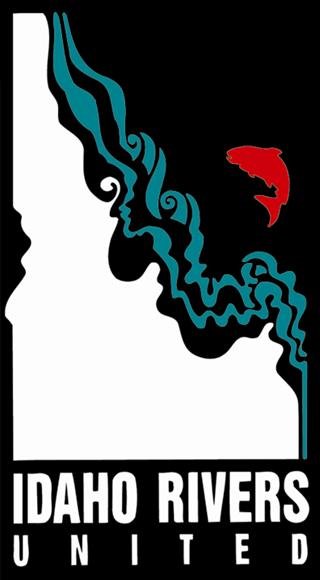Boise Salmon Workgroup Meeting Will Not Offer Public Comment Period
Boise Salmon Workgroup Meeting Will Not Offer Public Comment Period
The Office of Species Conservation(OSC) released a media advisory on Wednesday, Nov 13th preceding the Salmon Workgroup meeting scheduled for Nov 19th in Boise. The advisory noted that the meeting will only be held for one day, and unlike other meetings held throughout the state, a public comment period has been eliminated from the agenda. Instead, stakeholders are encouraged to send comments via email.
Last month’s Salmon Workgroup meeting in Twin Falls allowed an hour for public comment, and previous meetings have allotted 30-minutes. Many stakeholders were encouraged by the longer public comment period as it allowed for a greater number of voices to be heard. It was hoped that an hour-long public comment period would become standard in the Workgroup agenda.
The reasoning behind the decision to remove the public comment period from the Boise meeting was not disclosed. The advisory simply stated that the Workgroup “decided to forgo the public comment period” for this meeting, noting that workgroup had previously met in Boise and this meeting had only been scheduled for one day.
According to the OSC website, the mission statement of the workgroup is to “develop policy recommendations for Governor Little through a collaborative, consensus-driven, public process to restore abundant, sustainable, and well-distributed populations of salmon and steelhead in Idaho for present and future generations, while recognizing diverse interests throughout the State.” Minimizing or removing public comment sessions during the meetings impairs the Workgroup from achieving its mission by silencing the voices of Idahoans throughout the state. It hinders the ability of diverse stakeholders to be seen and heard by the individuals who will build a policy that directly impacts their way of life. Idahoans should have the opportunity to speak at each public meeting throughout the entire policymaking process. In consideration of Workgroup’s mission, public comment periods should be central to Workgroup’s proceedings.
Significant events relating to salmon and steelhead recovery have occurred since the June Workgroup meeting in Boise that allowed for public comment. Salmon and Steelhead fishing closures across the state have impacted sportsmen, outfitters, and guides. Economic impacts have been felt throughout river communities that rely on fishing seasons as an economic driver, such as restaurants, gas stations, and hotels. Recent articles and reports have shed light on the financial status of BPA, the burden of the Lower Snake River dams on taxpayers, and the financial benefit of restoring salmon to Idaho. Scientists from across the country have written a joint letter to elected officials in the PNW and Washington, D.C. urging action to reduce water temperatures that imperil salmon. In light of current events, Idahoans should have the opportunity to publicly present their interests to the Workgroup at their local meetings.
Stating that foregoing public comment was a decision from the members of the Workgroup is a bit disingenuous. Many partners within the Workgroup indicated that they were not informed that public comment would be closed at the Boise meeting prior to the release of the media advisory. While an agenda subcommittee exists on the Working Group to help propose agendas, the Office of Species Conservation formalizes the agenda and should take responsibility for marginalizing the voice of Idahoans.
CLICK HERE to read the Media Advisory from the Office of Species Conservation

